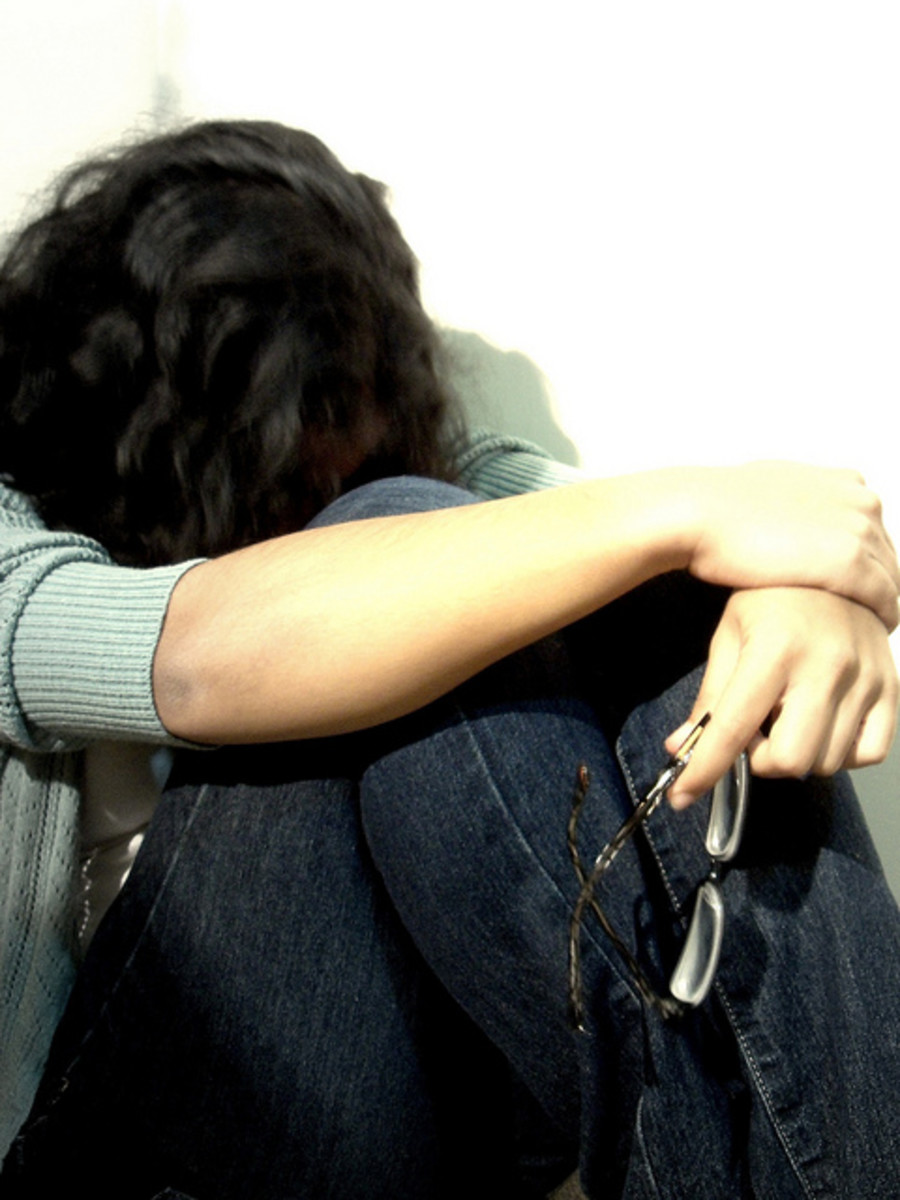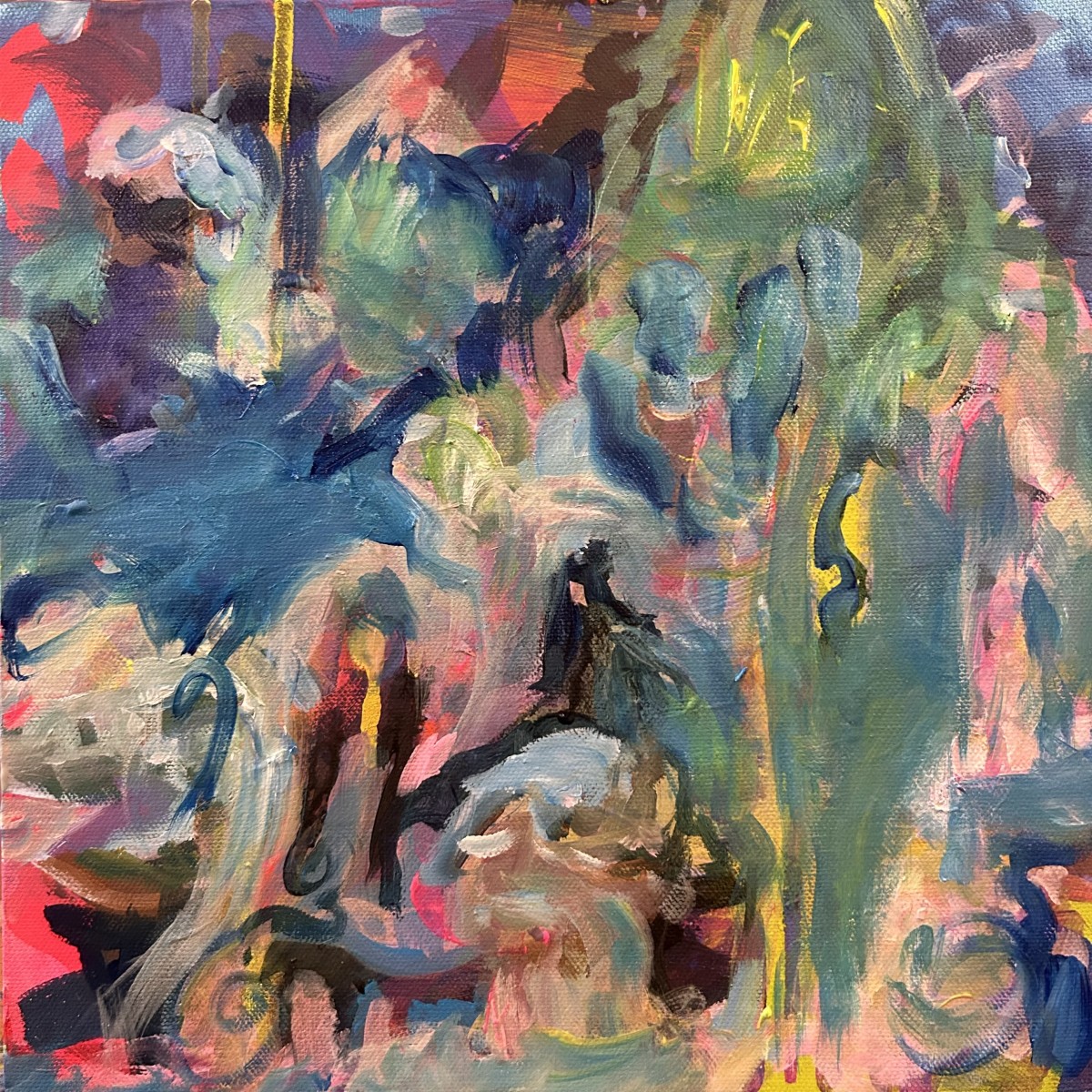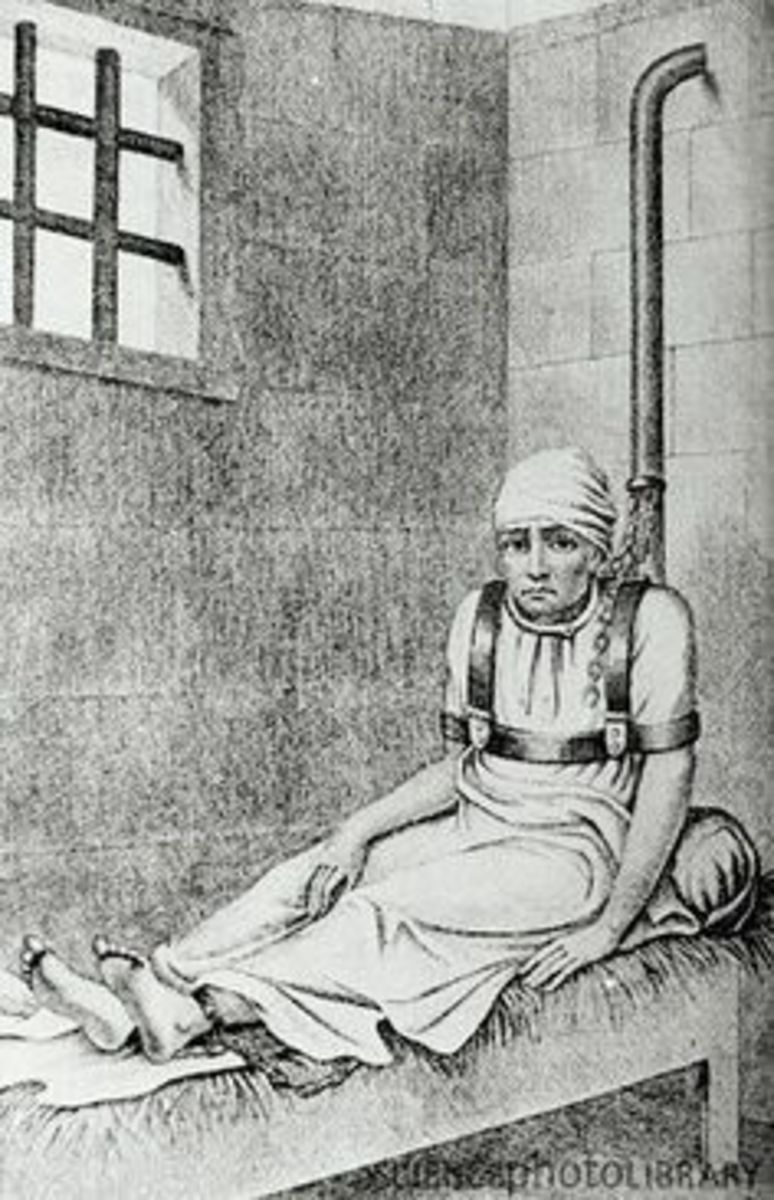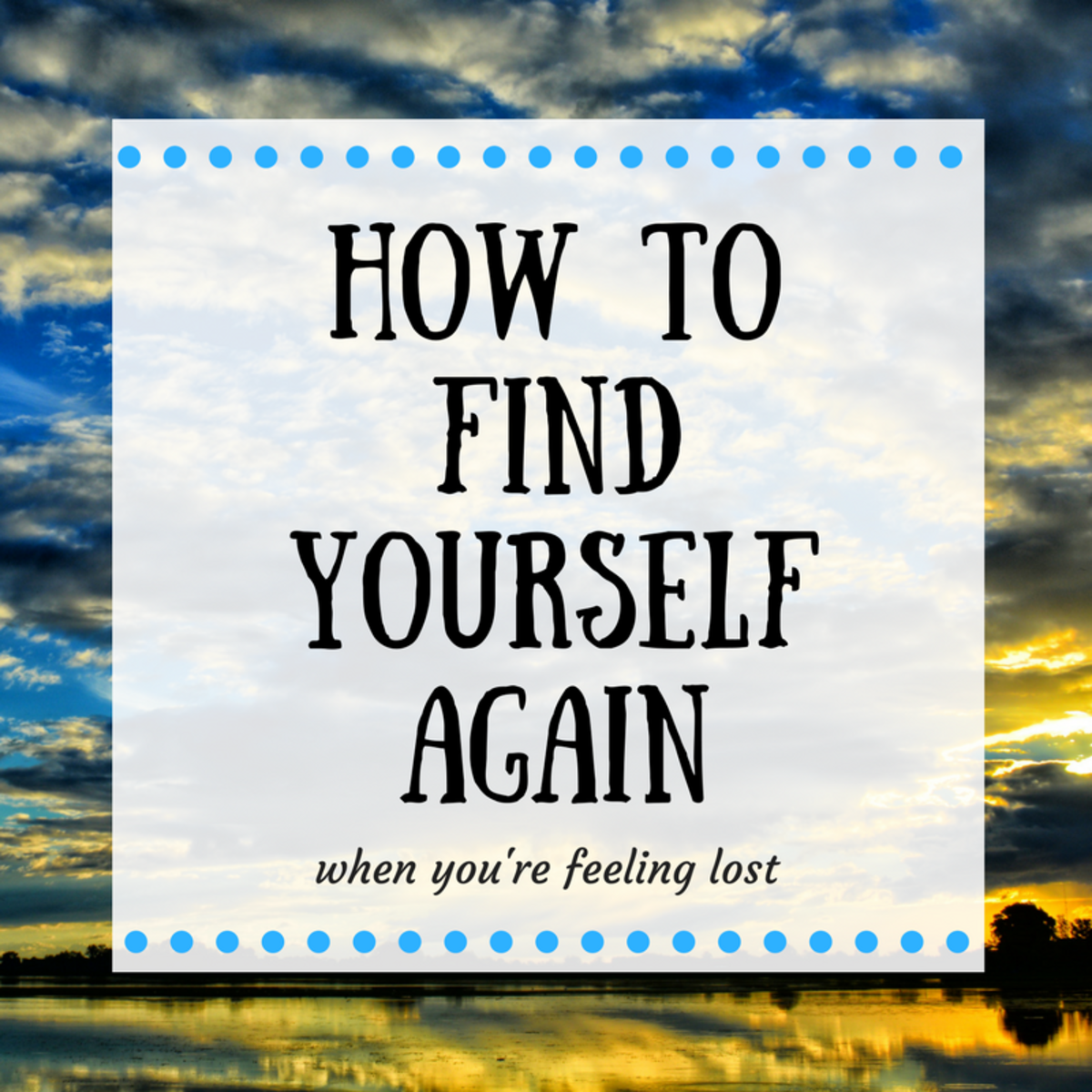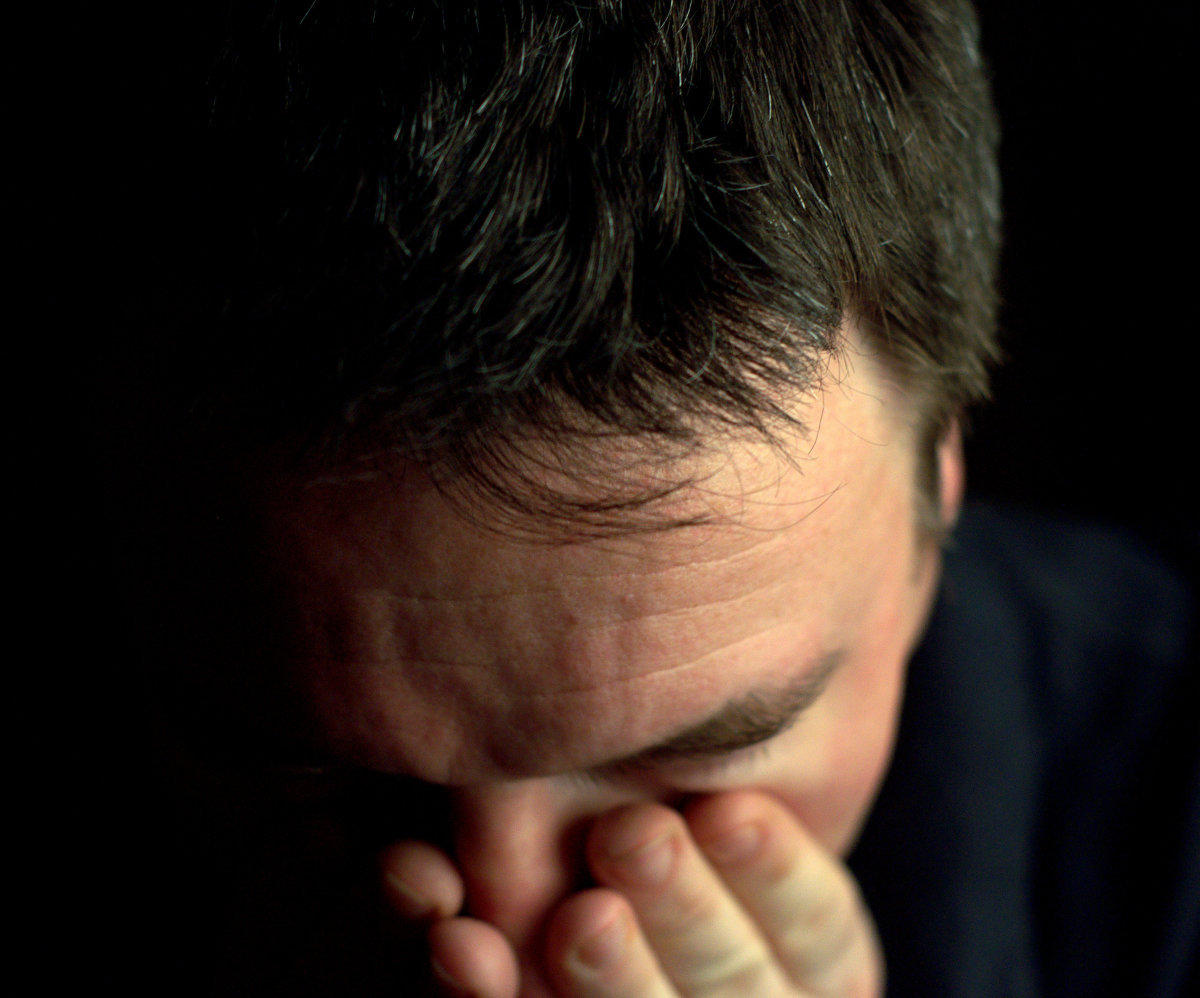Common Mental Health Problems
Common Mental Health Problems
There are a number of mental health problems that can be labelled common. This means that a lot of people suffer from them at least once in their life. Although they can be debilitating at the time the sufferers do get better and if they relapse they are more able to deal with the problem, Remember that an estimated one in four of the population has mental health problems so you are not alone. Seek help from your medical practitioner as soon as you start to feel unwell as accurate diagnosis can lead to prompt treatment and a swift recovery.
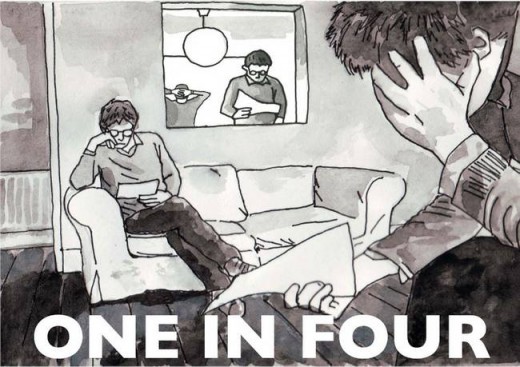
Depression
Depression can make you feel really low and everything seems harder and less worthwhile to do.
Sometimes the cause of depression can be connected with a "life event" such as the loss of a parent or job, a traumatic experience such as a burglary or even a loss of a job.
There are a number of symptoms for depression and you may not have all of them at once or indeed may not encounter some of them.
Physcological effects-
- A persistent low mood
- Poor self esteem and low confidence levels
- A preoccupation with negative thoughts
- A feeling of numbness, emptiness and despondency
- Feelings of guilt, irritableness and impatience
- Tendency to want to be alone to isolate yourself from company.
There are also physical symptoms
- Difficulty in sleeping or sleeping too much
- Losing or gaining too much weight
- Increased use of alcohol or drugs
- Low energy levels and reduced activity
- self harm or suicide attempts
Anxiety
Anxiety follows when a person feels that their safety is threatened that they are no longer in control of their life. Anxiety is a common response to life events such as childbirth, divorce and changing jobs.
There are many physical symptoms of anxiety
Palpitations, Inability to breathe Dizziness
Abdominal problems Shortness of breath De- personalisation
Nausea Choking Flushes/chills
Numbness Sweating Fear
Tingling Chest Pain Trembling
PANIC ATTACKS
Panic attacks happen when the sufferer is faced with a real or imagined threat which they feel that the cant avoid. The person may start to panic and feel anxious. They might begin to feel their heart pounding, have breathing difficulties, perhaps feel faint, nauseous, sweaty and trembling. They might also have thoughts that will exacerbate the attack, such as "I'm having a heart attack" "I am going to die".
Agoraphobia
This is a disabling anxiety which is provoked by being alone in public places. In severe cases the sufferer will not leave the home and even in mild cases the sufferer can be physically ill if forced into an area in which they are not comfortable.
Social Phobia
The social phobia usually starts as a reaction to events in childhood or teenage years. The sufferer fears that they are the object of public ridicule, that they are always being looked at and negative judgements made of them. There are other phobias the effects being personal to the sufferer such as fear based on dogs, spiders, enclosed spaces and thunderstorms.
STRESS
One of the most common mental health problems in stress. This is a medical term which covers a number of emotional and physical reactions, ranging from anxiety, fatigue and tension through to excitement and stimulation. Stress is a personal response to situations so what stresses one person may not stress another person.
Not all stress is bad. The right amount of stress can make our lives challenging and improve the way we look at things and do tasks. Our bodies respond well to stress but when the degree of stress becomes excessive or we are faced with many different stresses our minds and bodies become "distressed".
What are the Psychological effects of stress ?
- You lose some of your sense of humour
- You feel unable to cope
- You feel that you could burst into tears at any moment
- You feel guilty or uneasy when relaxed
- You have difficulty concentrating
- You find it difficult to make decisions
- You feel impatient or irritable
- You feel nervous for no apparent reason
What are the physical symptoms of stress?
- You have difficulty sleeping
- You appetite changes you either eat less or more
- Headaches
- increased use of tobacco and or alcohol
- You have low energy levels and feel tired
- you have tense muscles or muscle pain
- You feel breathless
- You have constipation or diarrhoea



